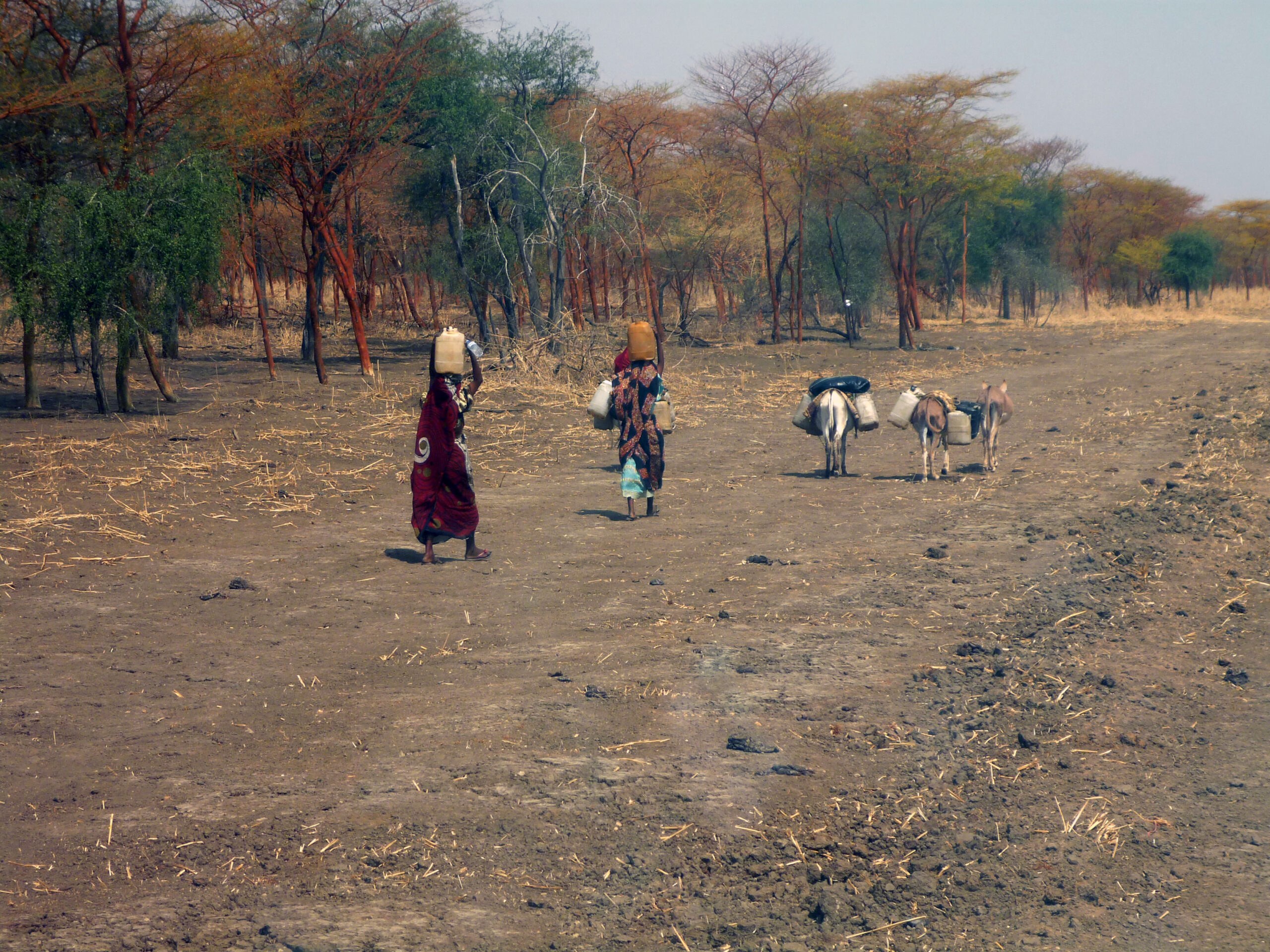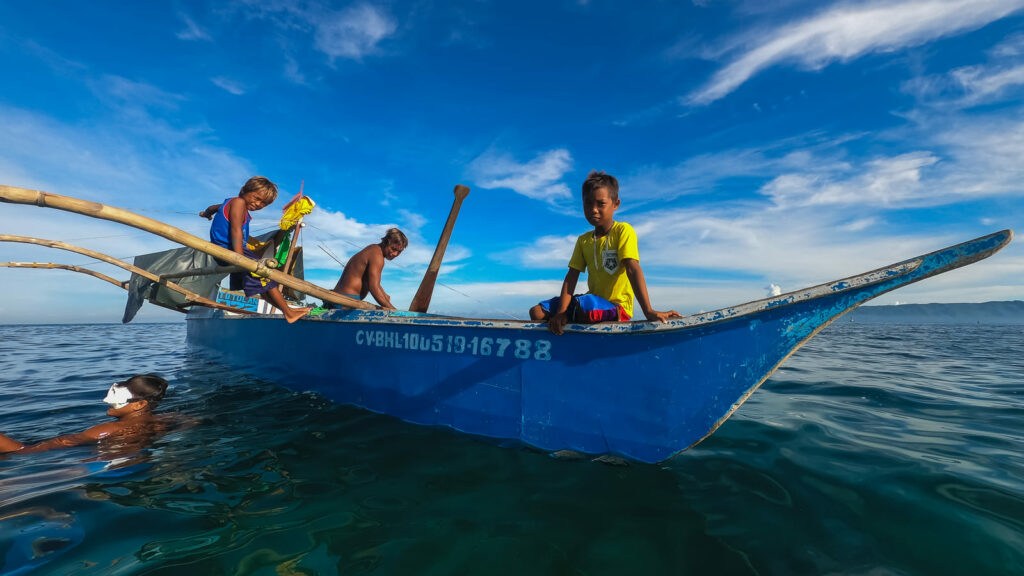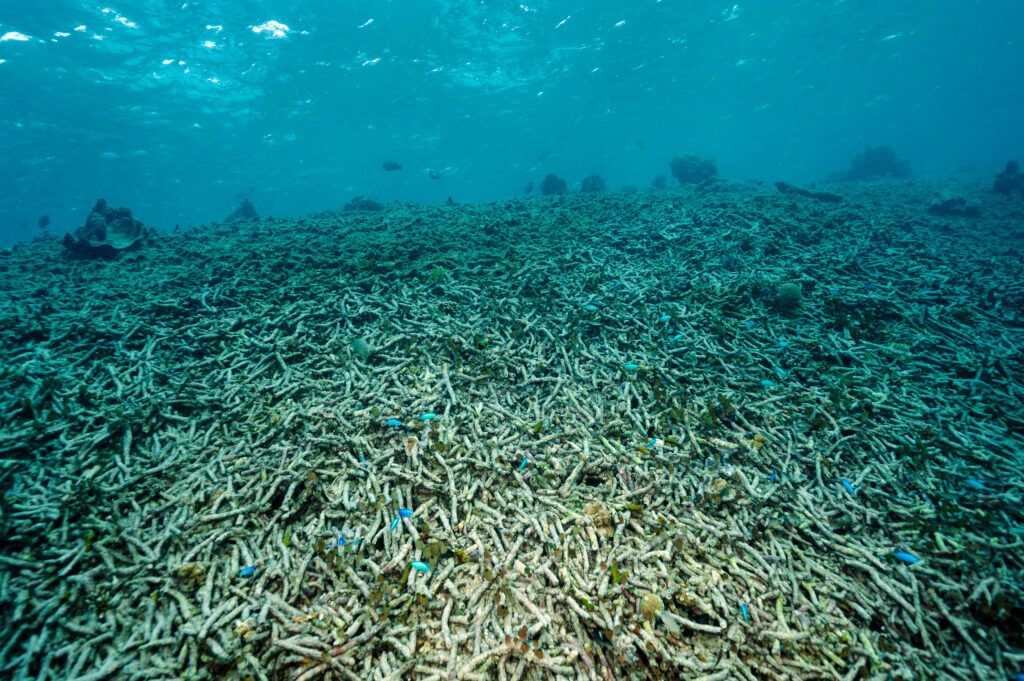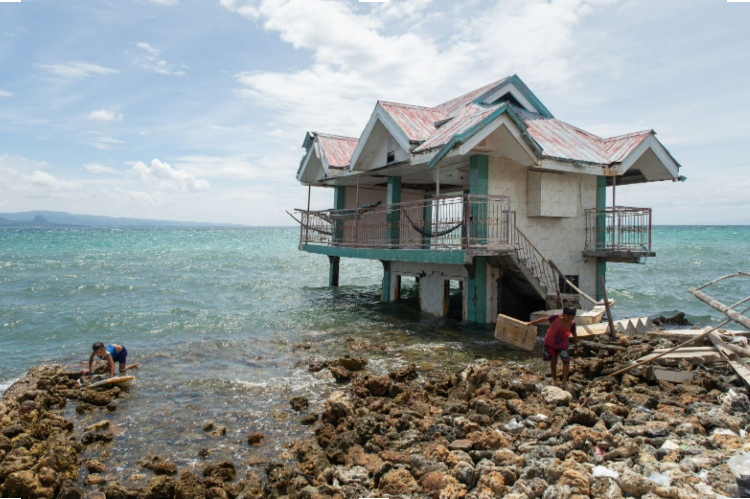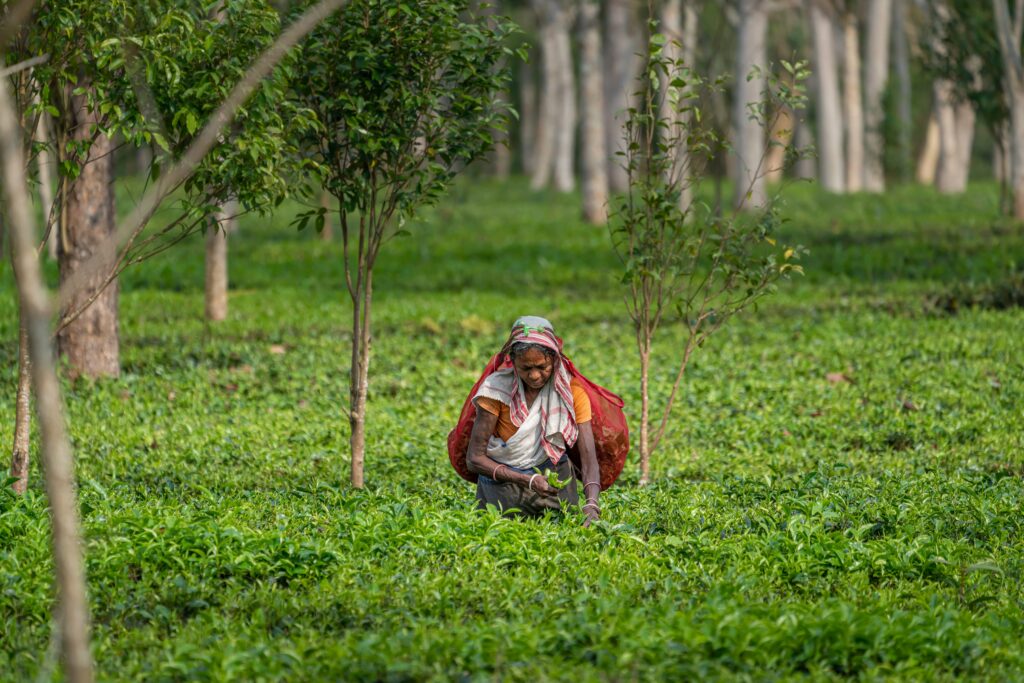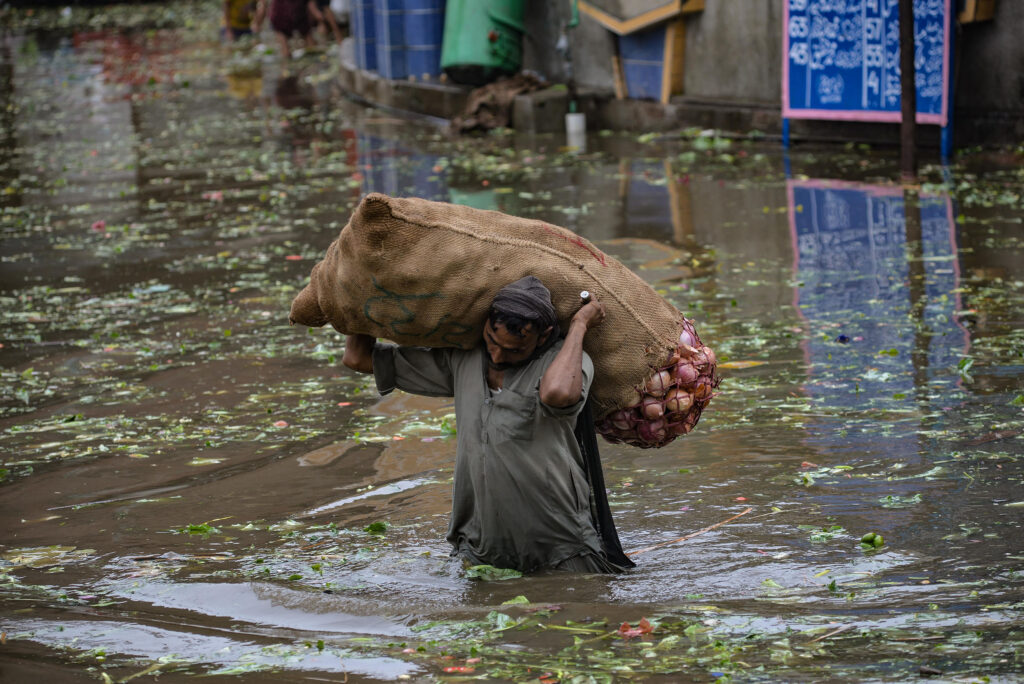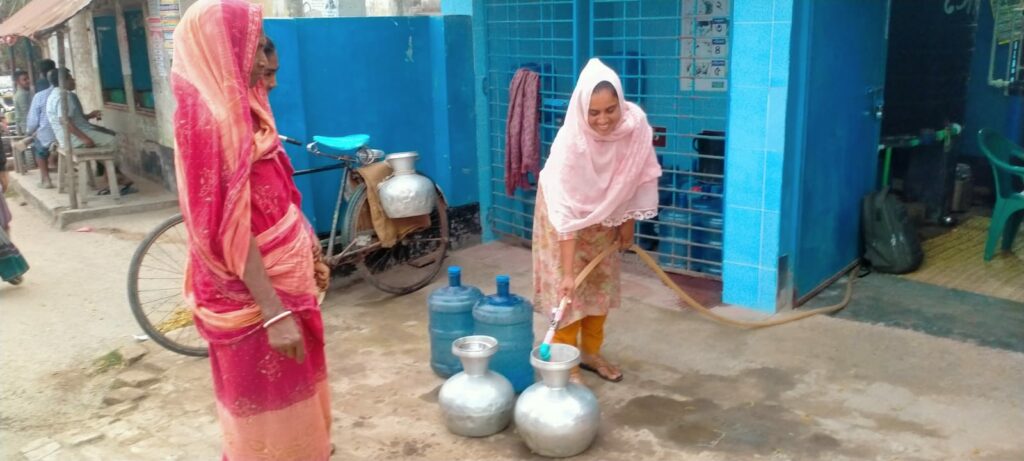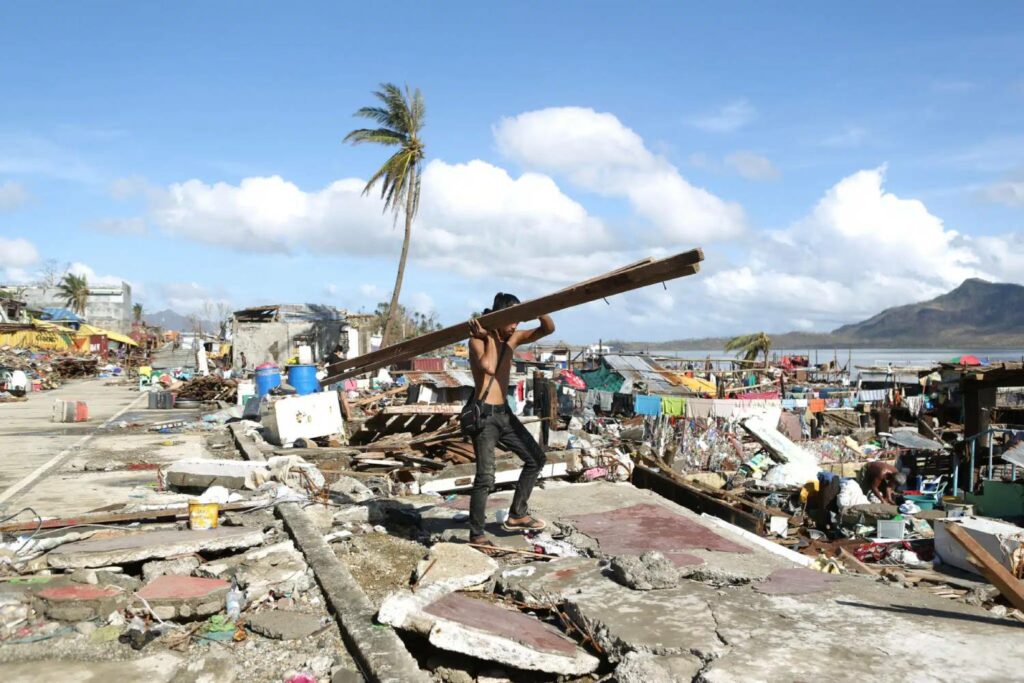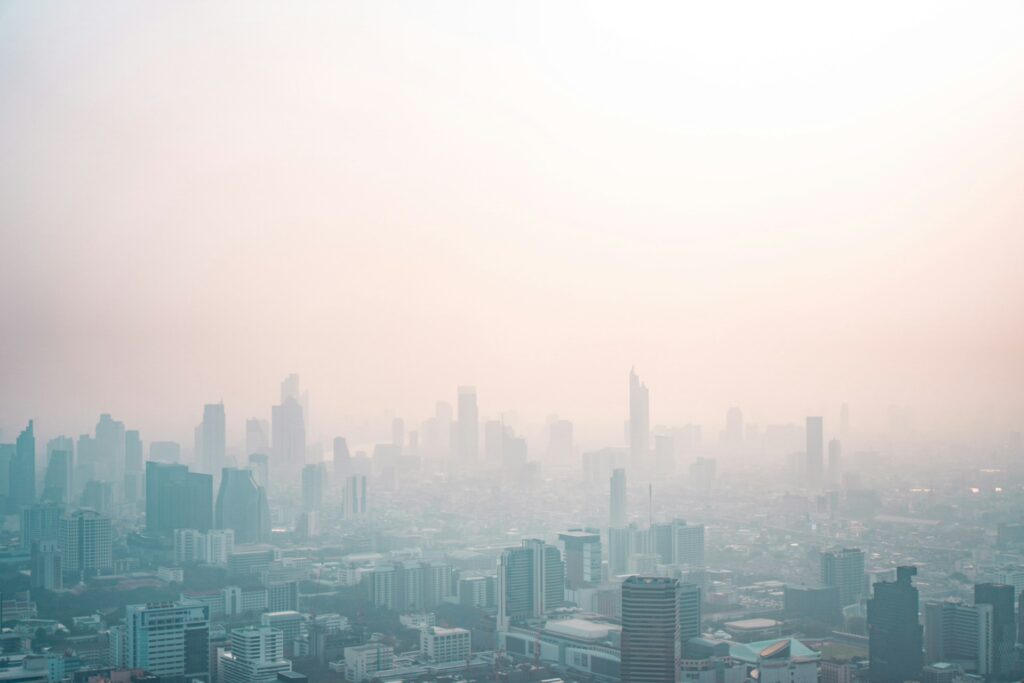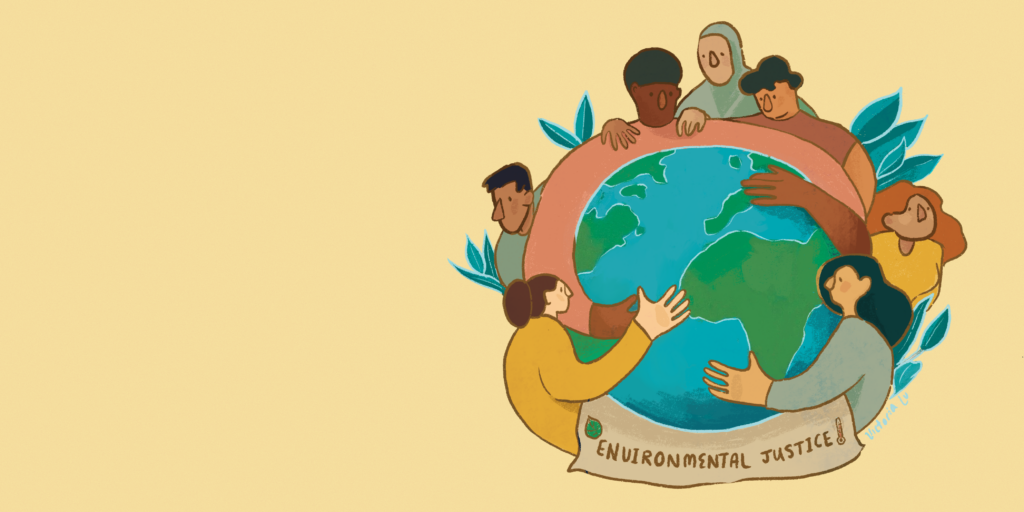The South Sudan heatwave of 2025 has reached deadly levels, with extreme heat soaring above 40°C and leaving communities struggling to cope. This climate crisis has exacerbated existing vulnerabilities, particularly affecting South Sudan’s children and women. According to the World Weather Attribution group, climate change has made these heat events at least 10 times more likely and 2°C hotter than they would have been in a pre-industrial climate. If global temperatures rise to 2.6°C above pre-industrial levels, heatwaves of similar intensity are projected to occur every year.
Students Collapse Due to Extreme Heat
In February 2025, dozens of students in South Sudan’s capital, Juba, collapsed from heat exhaustion, prompting a nationwide school closure for two weeks. The school calendar is now under discussion as prolonged closures lead to significant learning losses. Dr. Sarah Kew of the Royal Netherlands Meteorological Institute said, “Once rare, these episodes of high temperatures are occurring every two years, posing huge challenges for people in South Sudan, and particularly women.” Girls are especially affected, as prolonged school closures increase the likelihood that they will never return, being forced instead into household responsibilities such as collecting water and preparing food.
The situation is further exacerbated by inadequate infrastructure. Most schools in the country are built with metal roofs that trap heat, making classrooms unbearably hot. The South Sudan temperature rise has significantly impacted daily activities, particularly in schools. A third of Juba’s population lacks access to water, and only 1% of the city offers green spaces. Retrofitting buildings with passive cooling solutions such as shade trees, painting roofs white and improving ventilation could help mitigate these issues.
A Health Crisis Unfolding
The South Sudan weather patterns have become increasingly unpredictable, intensifying health risks, particularly for pregnant women. South Sudan already has one of the highest maternal mortality rates in the world, with 1,223 women dying for every 100,000 births. Prolonged exposure to high temperatures increases the likelihood of miscarriage and stillbirths. Women working in agriculture, street vending and other heat-exposed jobs face increased risks of cardiovascular strain, kidney damage and heatstroke. Women in South Sudan spend 60% of their time on unpaid care work, such as fetching water and cooking in extremely hot environments, which further exposes them to life-threatening heat.
Children, too, are suffering. Malnutrition, already a severe problem in South Sudan, has been worsened by excessive heat. More than 860,000 children under five are currently malnourished. Heat stress weakens immune systems, increases dehydration and exacerbates food insecurity, leading to long-term developmental issues. Female-headed households are particularly vulnerable, as limited access to food, health care and economic resources deepens these challenges.
Displacement and Vulnerability
Conflict and climate change have combined to create a perfect storm of displacement and vulnerability. Over 1.1 million people in South Sudan are currently living in overcrowded shelters with poor ventilation. Dr. Kiswendsida Guigma, climate scientist at the Red Cross Red Crescent Climate Centre, stated, “Students collapsing from the extreme heat shows just how dangerous and concerning this heatwave has been.” Displaced women and girls face heightened risks, not only from heat exposure but also from gender-based violence. The lack of access to cooling facilities, clean water, and adequate healthcare services makes their situation even more precarious.
South Sudan Heatwave – A Call for Urgent Adaptation Strategies
The severity of the South Sudan heatwave in 2025 calls for immediate action. Large-scale adaptation remains a challenge, but targeted interventions can help mitigate extreme heat. Solutions must be designed with gender considerations in mind to ensure they do not reinforce existing inequalities.
Improving infrastructure by retrofitting schools and shelters with passive cooling measures such as shade trees and reflective roofing can make learning and living environments more bearable. Expanding access to safe water and cooling areas ensures that displacement camps and informal settlements provide relief. Supporting women farmers with climate-resilient agricultural training and strengthening labour protections for outdoor workers can improve economic security. Enhancing early warning systems, such as those in development by the Intergovernmental Authority on Development, is essential for improving preparedness.
Dr. Friederike Otto, senior lecturer in Climate Science at Imperial College London, said, “This study shows once more that people who are already struggling under unequal conditions experience the most harm from extreme weather worsened by the burning of fossil fuels.”
The reality is clear: without swift adaptation and mitigation efforts, the South Sudan heatwave will continue to push women and children deeper into cycles of vulnerability and inequality. Dr. Joyce Kimutai of Imperial College London noted, “The continent has contributed a tiny fraction of global emissions, but is bearing the brunt of climate change.” The world must recognise that climate change is not gender-neutral. It disproportionately affects those who are already marginalised. As temperatures rise, so too must our commitment to implementing sustainable solutions that protect the most vulnerable members of society.
Sara Siddeeq
Sara Siddeeq is a climate and energy writer with bylines in New Energy World, Climate News Australia, and Batteries and Energy Storage Technology (BEST) Magazine. She specialises in covering clean energy, carbon markets, and climate resilience, bringing clarity to complex topics. Sara holds a qualification in Communicating Climate Change for Effective Climate Action and is passionate about data-driven climate storytelling.
Sara Siddeeq is a climate and energy writer with bylines in New Energy World, Climate News Australia, and Batteries and Energy Storage Technology (BEST) Magazine. She specialises in covering clean energy, carbon markets, and climate resilience, bringing clarity to complex topics. Sara holds a qualification in Communicating Climate Change for Effective Climate Action and is passionate about data-driven climate storytelling.

